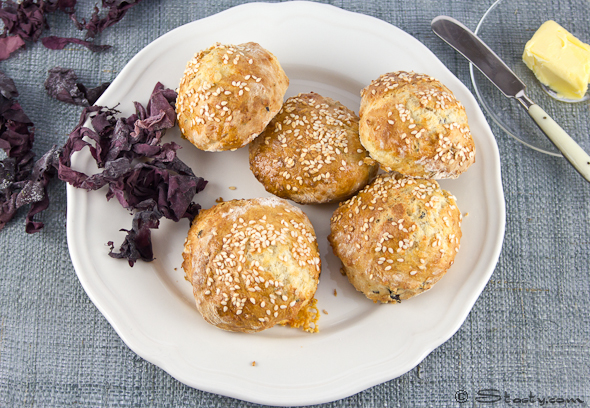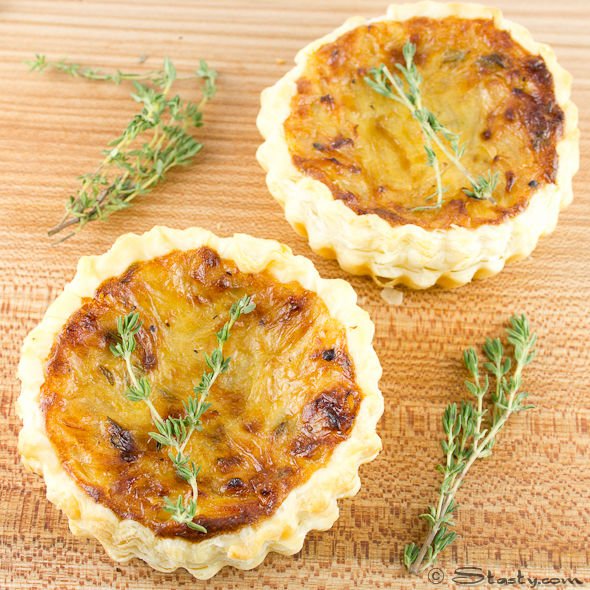For many people St.Patrick’s Day is a day of drinking, gaudy parades, lurid green leprechauns and shamrock shakes. There are a lot of great things about Ireland and very little of these are ever celebrated on our national feast day. Last weekend I had the opportunity to spend some time in a beautiful unspoiled part of Ireland, on Inchydoney Island in West Cork. It got me thinking a lot about Ireland and made me appreciate some of our real hidden treasures.
[adrotate banner=”5″]
The weekend was spent walking the beautiful broad clean sandy beach, listening to the Atlantic rollers tumbling in and quietly fishing in the blue green sea. I wish I could have bottled it all, into one little sea misty atomiser. We enjoyed the company of the local producers, dined on the best of Irish produce, we ate the fish we caught – which the team at Inchydoney Lodge barbecued for us on the terrace – and it was all pure bliss. It felt good to be Irish and to be from such a calm, happy and lush green place.

While on our weekend break, the lovely Sally McKenna gave a passionate speech about the wonders of seaweed, a subject, I really didn’t know a lot about. Seaweed is a superfood that is full of essential vitamins, minerals and trace elements. In the past seaweed was considered an important element in the Irish diet, but somewhere along the line, we seemed to have forgotten about it. The Japanese, on the other hand use seaweed as a regular ingredient in most of their dishes and reap all the fantastic health benefits from it.
The good news is that seaweed is becoming popular in Ireland again. It’s gradually creeping into Michelin star menus and Irish people are finally beginning to embrace this wondrous stuff. I decided to slowly introduce seaweed into my own diet with some delicious buttery soda scones made with Dillisk and a little Gubeen cheese from West Cork. The results were delicious. I have a strange feeling St Patrick would have liked these scones a lot more than a shamrock shake.
Here’s how:
– 225 g of white flour
– 1/2 teaspoon of salt
– 1/2 teaspoon of bread soda
– Sprinkle of cayenne pepper
– 5g of dried dillisk
– 40g of Gubeen cheese, grated (You could also use Ardrhan/Durrus or your own favourite cheese)
– 175ml of buttermilk
– One beaten egg
– Sprinkle of sesame seeds
Makes 8-10 scones.
Preheat the oven to 200 degrees Celsius and line a large baking sheet with silicone paper. Place the dillisk in a cup of cold water to soak for 5 minutes. Drain on some kitchen paper. Meanwhile sieve the flour and bread soda into a large bowl. Add the salt, cheese and cayenne pepper. Chop the dillisk into small shreds with a kitchen scissors, and add to the bowl of flour. Gradually add the buttermilk. You might not need all the buttermilk (depends what cheese you use) but add enough to make a soft dough that leaves very little trace of dough on the sides of bowl.
Place the dough on a floured surface. Roll gently and pat down with the palm of your hand. Flatten the dough until it is about 1 inch thick. Cut into rounds and place on a lined baking sheet. Brush with some beaten egg and sprinkle with sesame seeds.
Bake in the oven for 15-20 minutes, or until golden brown on top and bottom. Leave to cool on a wire tray. I like to eat mine with lashings of creamy Irish butter.
We were guests of the Inchydoney Hotel Lodge & Spa, as part of food blogger event. The hotel also organises great activities in the area such as fishing trips, kayaking trips and whale watching. Thanks to Ruth McCarthy and Des O’Dowd for their wonderful hospitality
Inchydoney Island Lodge & Spa, Clonakilty, Co Cork. +353 (0)23 883 3143
Twitter @inchydoneylodge







